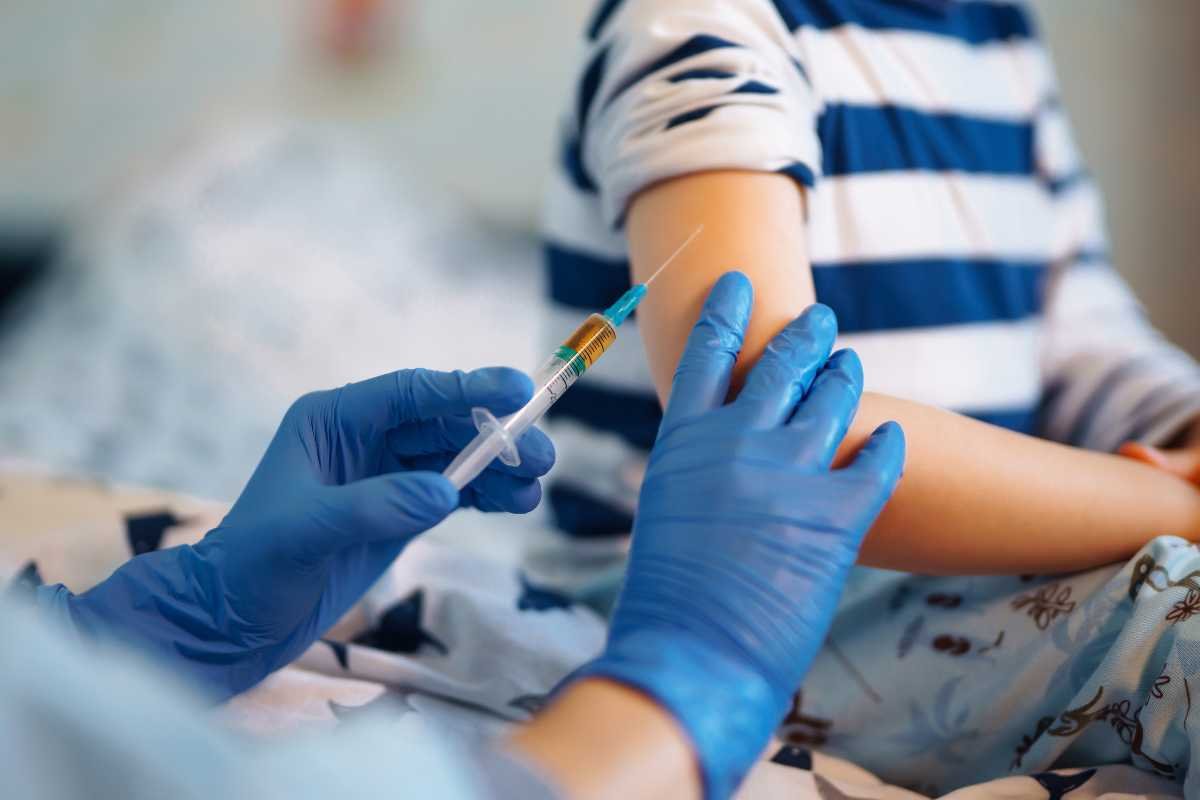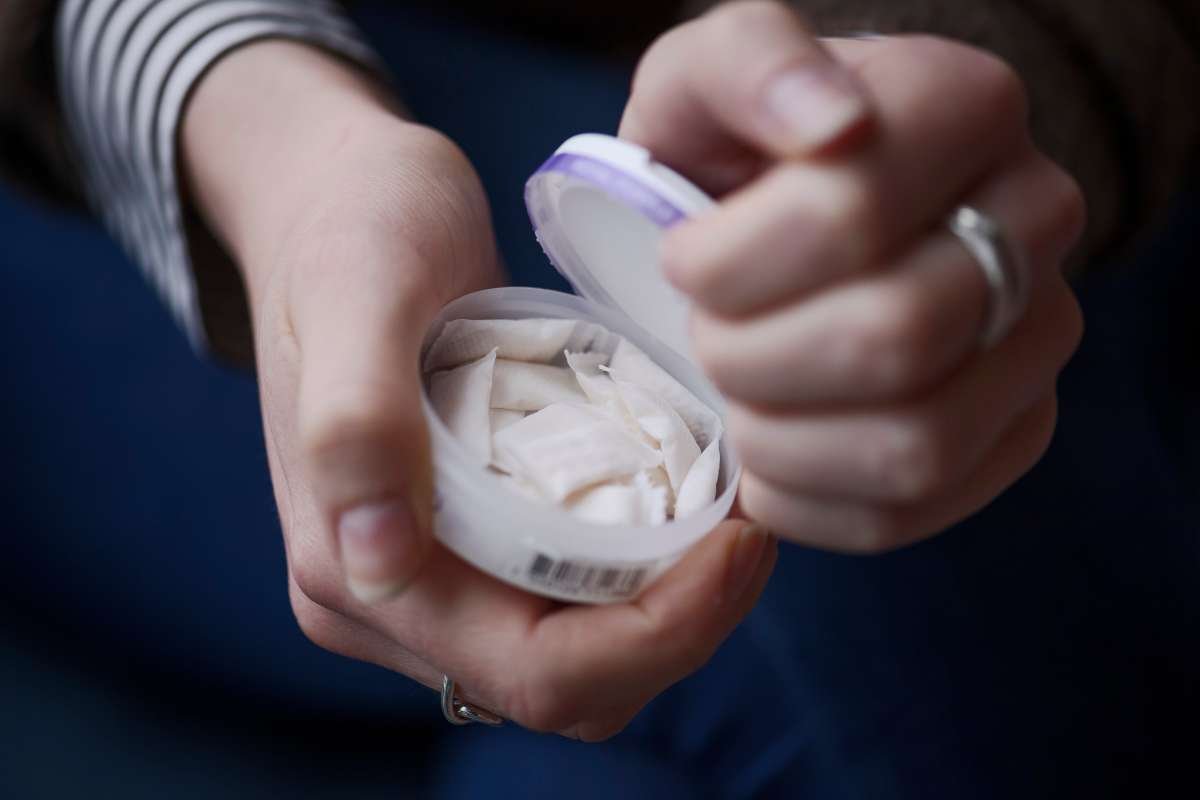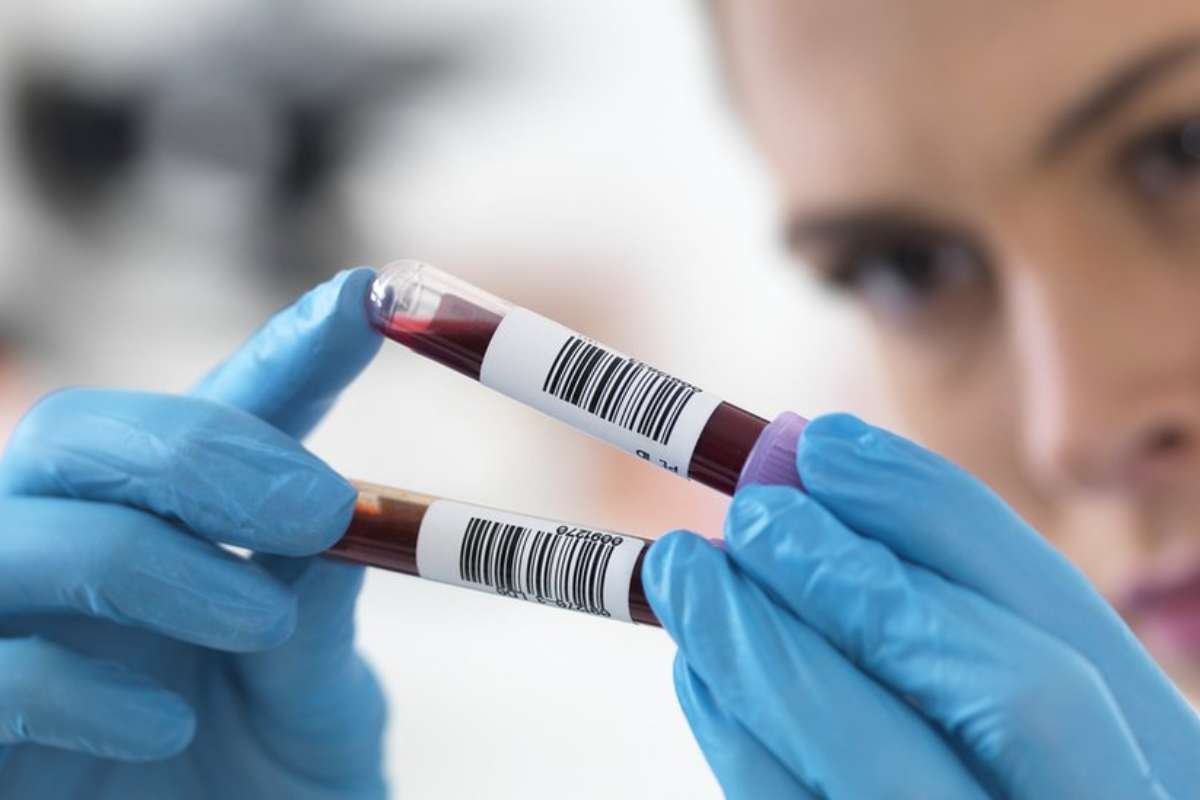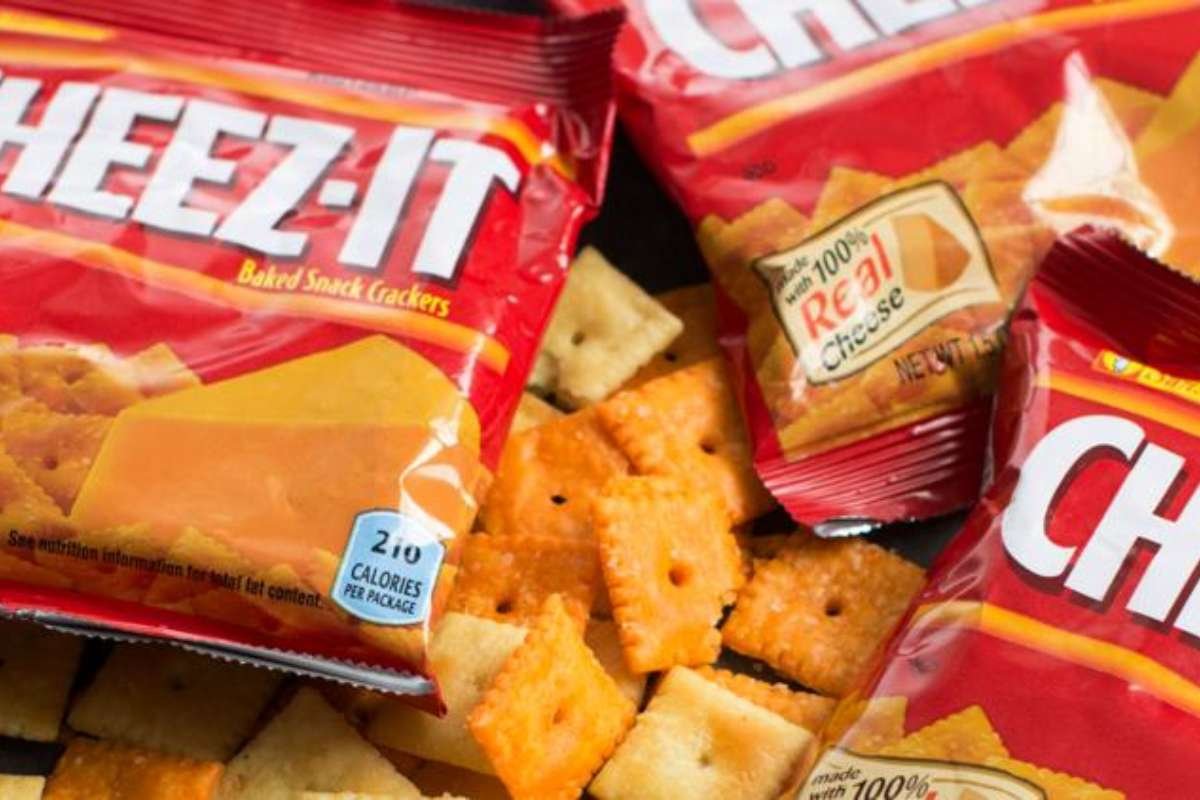Booster Shot Recommendation Gains Renewed Support
A new study published on April 9, 2025, in PLOS Neglected Tropical Diseases supports the Brazilian National Immunization Program’s call for a booster dose of the yellow fever vaccine in young children. This recommendation comes in contrast to the World Health Organization’s 2013 decision to withdraw its endorsement of booster doses, under the assumption that a single dose of the vaccine provides lifelong immunity.
However, researchers now argue that this assumption may not hold true—particularly in high-risk regions like Brazil, where mosquito-borne diseases are prevalent. The new findings bolster Brazil’s proactive strategy to administer a yellow fever (YF) vaccine booster at four years of age. The move is seen as a critical step in preventing yellow fever outbreaks and protecting vulnerable populations, especially children.
Study Details Reveal Lower Immunity in Young Children
The recent research was conducted as a phase IV, uncontrolled cohort study across three municipalities in northeastern Brazil. The area, though free of wild-type yellow fever virus circulation, has a high presence of other mosquito-borne viruses like Zika, making it an important setting for understanding cross-viral immunity patterns.
The study involved both children (aged 9 months to 4 years) and adults (aged 18 to 50 years), all of whom received the 17DD strain of the yellow fever vaccine, such as YF-VAX or Stamaril. Blood samples were collected prior to vaccination, 30–45 days afterward, and again one year later to track antibody levels.
Findings revealed a stark contrast between age groups. While 99% of adults developed detectable antibodies shortly after vaccination, around 10% of infants showed no measurable immune response. This is the first study to offer serological follow-up data from a population in a region without active yellow fever transmission.
Researchers concluded that younger children, particularly those vaccinated between 9 and 12 months of age, not only have lower rates of seroconversion but also lose detectable antibody levels more quickly. By four years post-vaccination, seropositivity among these children dropped to below 60%, indicating weakened protection.
Global Implications and Updated Guidelines
These findings mirror earlier research, including a cross-sectional study that found only 76.4% of children remained seropositive within 9 to 23 months after receiving the vaccine. The implication is clear: a single dose may not be enough to provide long-term immunity for young children, especially in endemic or high-risk areas.
The U.S. Centers for Disease Control and Prevention (CDC) continues to recommend yellow fever vaccination for individuals aged nine months and older who are living in or traveling to yellow fever–prone regions like Brazil and Colombia. Since its approval in 1938, over 850 million doses of the 17D vaccine have been distributed globally.
Currently, in the United States, the yellow fever vaccine-VAX® vaccine is available at travel clinics and select pharmacies. As new data emerges, health authorities around the world may revisit their immunization guidelines, particularly concerning booster shots for children. The Brazilian study serves as a compelling case for strengthening protection against this life-threatening disease.
Visit The Lifesciences Magazine For The Most Recent Information.








